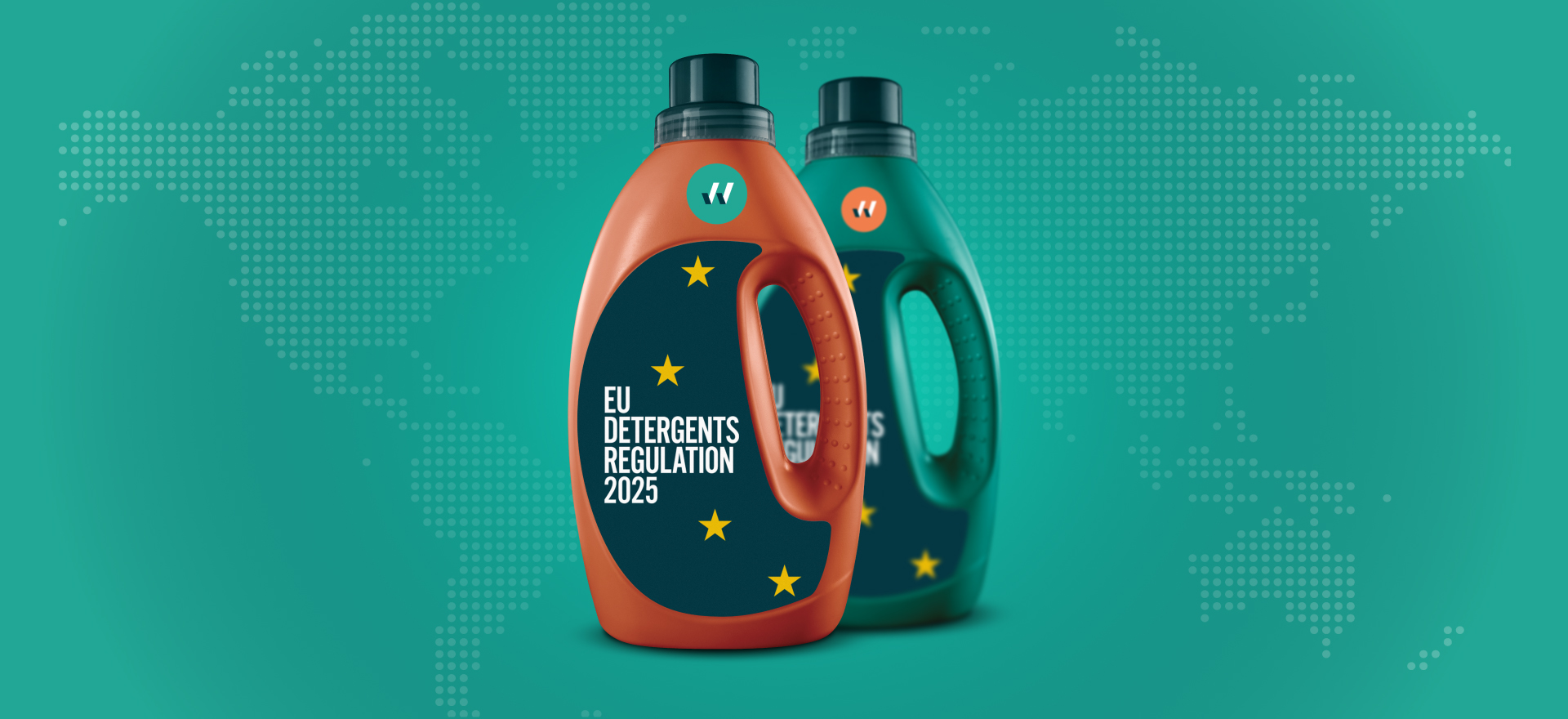The food supplement industry is booming.
Up to three-quarters of adult take dietary supplements daily, and many consumers look for natural, organic products. However, brands must pass strict industry protocols to market their food supplements as organic.
Let's take a deeper dive...
What are organic supplements?
Most people are familiar with the concept of supplements; adding something to our diet to improve our health. But fewer consumers know that supplements can be created in different ways.

There are two main types of food supplements: synthetic and natural. Synthetic supplements may look the same as natural supplements to the naked eye, but they often contain binders, dyes, flavourings and sugar to make production cheaper.
Natural supplements are made from plant materials with natural health benefits to boost people’s wellness without using chemicals or stimulants. The most stringent shoppers look for natural organic supplements: products created using materials that have not been subjected to additives, chemical fertilisers, genetic engineering, herbicides or pesticides.
What are the most popular organic food supplements?
The organic food supplement market is incredibly diverse and constantly growing. However, there are several naturally powerful ingredients that have caught consumers’ attention:

- Ashwagandha – an evergreen shrub found commonly in the Middle East and Africa, which many people believe can help relieve stress, lower blood sugar levels, boost fertility and sharpen memory.Organic ashwagandha supplement brands include Fushi Wellbeing, which produces ashwagandha tablets and herbal tinctures.
- Beetroot powder – no longer just a humble root vegetable pickled in jars, beetroot is now consumed as a powdered supplement to fight inflammation and increase endurance.Popular organic beetroot powder brands include Kiki Health and Forest Whole Foods.
- Kelp – the properties of algae and seaweed have been promoted by health-conscious consumers for a long time, and there is now scientific evidence suggesting that kelp can help people suffering from type 2 diabetes lower their blood sugar levels.
Among the leading producers of organic kelp supplements are The Cornish Seaweed Company and Earth’s Nurture.
- Magnesium – this mineral plays an important role in the body’s energy production, nerve function and bone strength. It’s found naturally in leafy green vegetables, wholegrains and legumes – however, some people choose to take magnesium as a supplement to make sure they’re getting enough. Popular organic magnesium supplement brands include Earthier and Viridian Nutrition.
- Mushroom powder – mushrooms are a major food trend at the moment, which is increasing the popularity of mushroom powder as a dietary supplement. Mushrooms contain several bioactive substances that can support people’s health, leading some people to consume mushroom powder to fight inflammation and infection in the body.Leaders of the organic mushroom powder movement include Erbology and Hatton

- Spirulina - another algae, spirulina’s vibrant colour and rich nutritional composition have made it a popular addition to smoothies and breakfast bowls.Naturya and Nouri are among the top-selling organic spirulina brands.
- Turmeric - a staple of Indian cooking, turmeric’s value as a standalone dietary supplement has risen in recent years. This is due to scientific research linking turmeric’s active ingredient curcumin with reduced inflammation and pain levels.
While some consumers prefer to put turmeric in a golden chai latte, brands like Turmeric Vitality and Nutravita are successfully marketing organic turmeric as a supplement.
How do food supplements gain organic status?
The road to organic certification depends on whether food brands are launching single-ingredient or multi-ingredient supplements.
For a product to be classified as organic, the ingredients contained within it need to be free from chemicals, pesticides and other environmentally harmful materials throughout the cultivation and manufacturing process. This criterion is often harder to reach if brands are combining multiple ingredients to make supplements.
There is a little room for manoeuvre, but not much. For example, to achieve organic certification in the UK, products must use at least 95% organic agricultural ingredients. Organic products created in the USA must also contain the same volume of organic ingredients.
EU organic legislation was updated in 2022 in line with the UK and USA to make certification easier to achieve. Previously only 2% of an organic product could be comprised of non-EU agricultural ingredients.
Read more: how new EU organic legislation has changed product labelling rules.
It’s not just product composition that affects organic certification, either. Some countries require brands to sign up with a local control body such as the Soil Association in the UK, the National Organic Program in the USA and Canadian Organic Standards in Canada.
There may also be legal requirements to document how ingredients have been transported, stored, cleaned and processed to prove they have not been chemically treated at any stage.
Organic certification can also impact product packaging. For example, organic products sold in the UK must state whether farmed ingredients are of UK or non-UK agricultural origin.
Meeting further supplement legislation
In addition to meeting organic food criteria, brands also need to make sure that products are compliant with general supplement legislation in each market. For example, some countries require brands to register with public health authorities in order to sell food supplements.
Product compliance can quickly become complicated, and it’s easy for brands to create a supplement that is legally certified in one country, but not another.
That’s where Hooley Brown can help.
As international compliance experts, it’s our job to keep pace with the latest organic legislation and other industry frameworks. We’ll help you develop recipes and product packaging that are compliant with your current target markets, while looking at your future plans to see if small changes could help you launch in those regions quicker.
If you’re an organic supplement brand looking for support with your product and packaging compliance, get in touch with Hooley Brown. We’d love to work with you.
This blog post was written in November 2022. Facts were correct at the time of writing.













